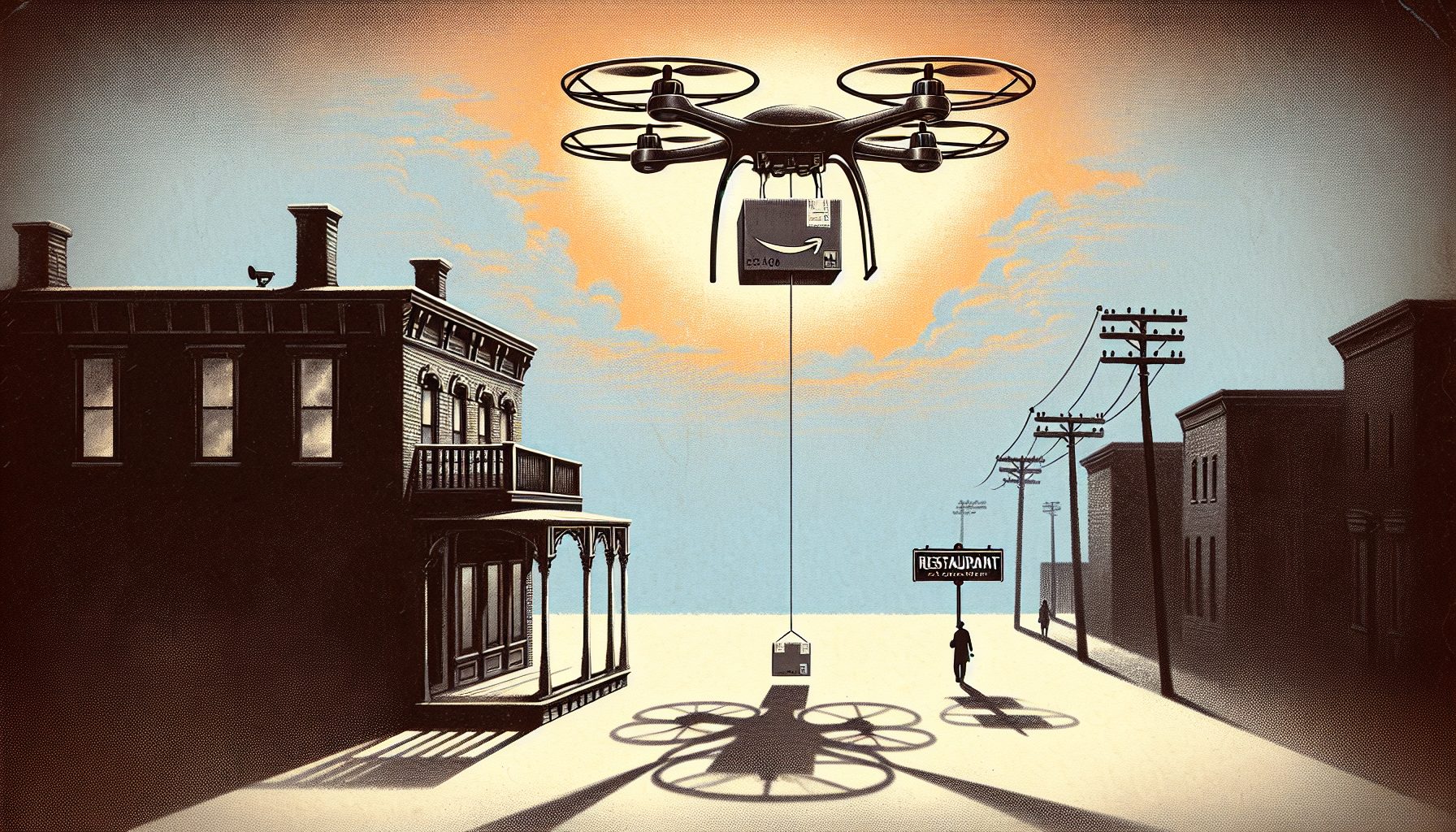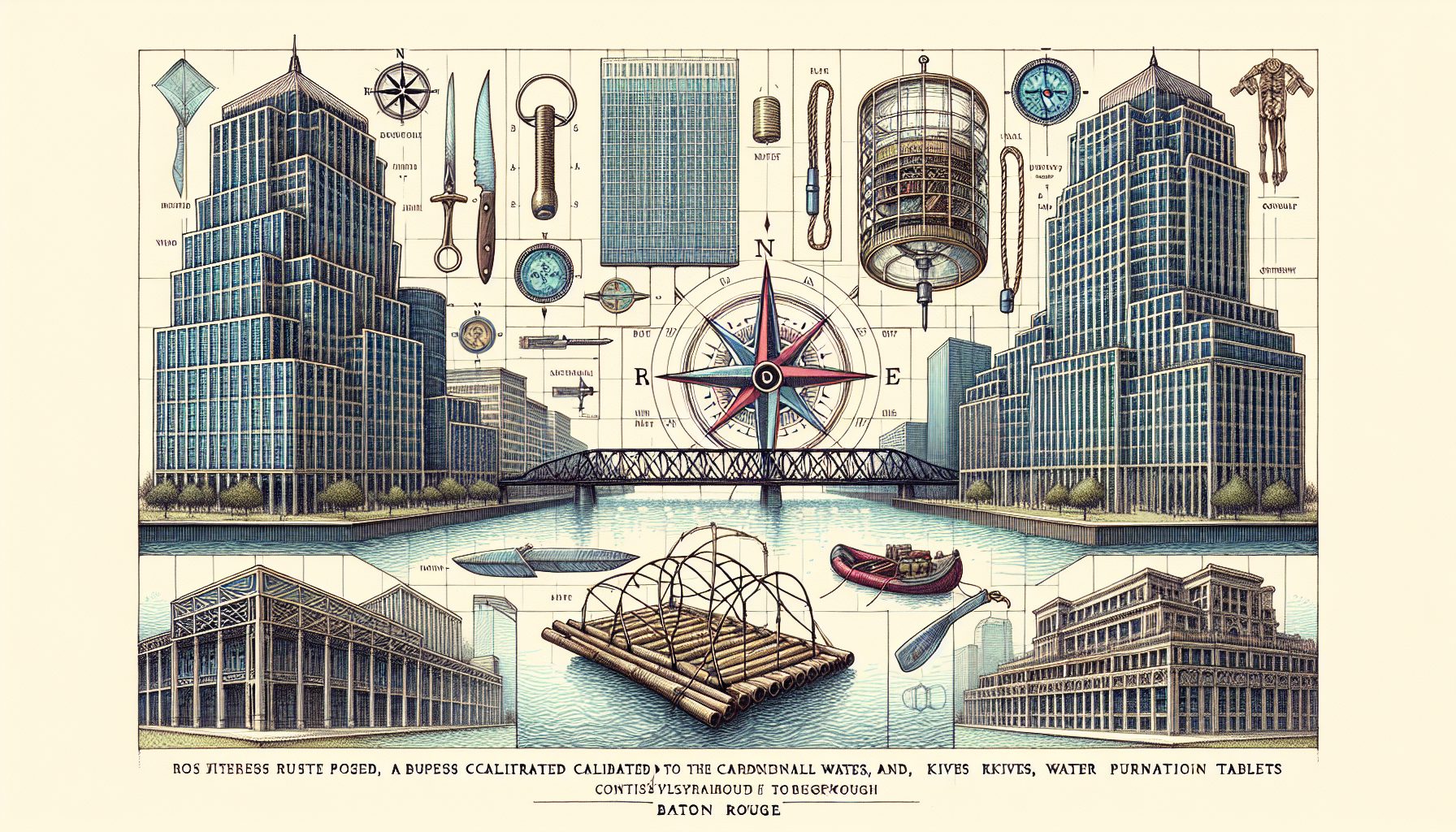Gregory Buoncontri joined Pitney Bowes, a manufacturer of postage meters and developer of mail and logistics software, after serving in a similar role at Novartis Pharmaceuticals, Sandoz Pharmaceuticals and industrial-technology company Asea Brown Boveri, Inc. At Pitney Bowes, he oversees an information technology department that includes 400 employees and a $118 million budget in the U.S., down by about 30% from two years ago.
Q: How did you make the information technology operations more efficient?
A: Everybody had their own IT organization, so we consolidated operations and got rid of duplication. We set very high performance standards for employees and moved out our weakest performers. We asked, “Where can four people do the work of six?” We also standardized technology. We had had nine help desks, and nine or 11 e-mail directories. So when you throw all that stuff away and make it one, the efficiencies come.
Q: How did you communicate these changes to employees?
A: People are worried about whether they have a job at the end of it all, and the answer is: “For one out of every three of you, no.” I told them right up front: “If you look at our cost structure and operational size, we’re spending too much. The value we are creating isn’t there.” You can’t mince words. A hallmark of our IT organization is plain talk.
Q: Pitney Bowes is not only a technology user, but it’s a technology provider. What kind of savings have you seen by using your own products?
A: We use docSense, our electronic statement presentation product. We are saving several million bucks a year getting rid of paycheck stubs, and notifications that expense reports have been direct-deposited to the bank. We believe we have to use our own products. We call it eating our own dog food, or eating our own cooking.
Q: What big initiatives are you planning?
A: We’re installing SAP-produced business technology products for our leasing business, including our repository of customer data on leased equipment, contract expirations, service and trade-up options. We’re replacing our “order to cash” system to replace multiple ordering and billing systems, and we plan to install a new field maintenance system for dispatching 1,000 people to service and repair meters.
Q: What’s your background in technology?
A: I don’t have technical skills, and that’s been deliberate. I have seen too many judgments made based on a person’s bias for a particular tool. You need to know how it’s used and applied. I have always thought of myself as a better businessperson than an IT person. I have always run IT organizations as profit centers so our customers see what it costs to provide the service.








